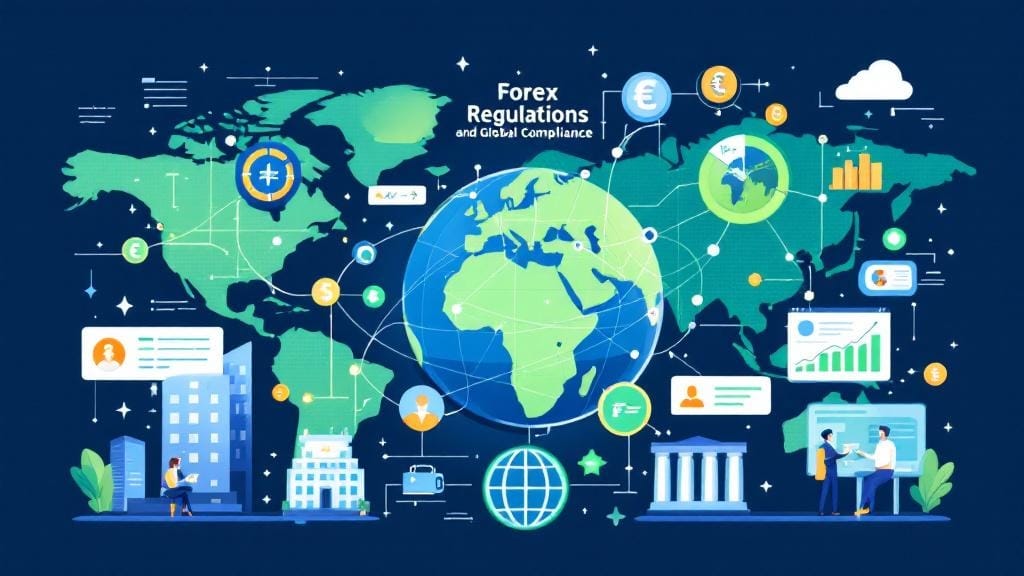Are you feeling overwhelmed by bills, credit card balances, or loan payments? You’re not alone. Millions of people around the world are struggling with financial debt, trying to make ends meet while interest piles up. The good news? Help with financial debt is available—and it’s more accessible than you might think.
Whether you need guidance to get out of financial debt, support with budgeting, or a professional to walk you through your options, this guide offers real, practical solutions.
Understanding the Impact of Financial Debt
Financial debt can feel like a heavy burden. It affects more than just your wallet—it impacts your stress levels, your relationships, and even your health.
Common Signs You’re in Financial Trouble:
-
You’re only making minimum payments on credit cards.
-
You borrow from one source to pay another.
-
You avoid checking your bank account or credit report.
-
Debt collectors are calling or sending notices.
-
You feel anxious or ashamed about money.
If any of this sounds familiar, it’s time to seek financial debt assistance. Getting help early can prevent bigger issues like default, foreclosure, or bankruptcy.
Step 1: Acknowledge Your Financial Situation
Before diving into solutions, take a moment to assess your finances.
Make a Simple List:
-
Monthly income after taxes
-
Total debt owed (credit cards, loans, medical bills, etc.)
-
Minimum monthly payments
-
Interest rates on each debt
This exercise alone can be eye-opening. It helps you see the full picture and opens the door for meaningful financial debt help services.
Step 2: Explore Professional Debt Help Options
When you’re in over your head, turning to professionals can make all the difference.
🔹 Credit Counseling Agencies
Certified credit counselors offer free or low-cost advice on budgeting, credit usage, and debt repayment plans. Many agencies are nonprofit and provide services online or in-person.
What they offer:
-
Financial education and personal finance help
-
Debt analysis
-
Negotiating lower interest rates
-
Building a customized debt management plan (DMP)
Where to find help: Look for certified agencies through the National Foundation for Credit Counseling (NFCC) or Financial Counseling Association of America (FCAA).
🔹 Debt Settlement Options
Debt settlement involves negotiating with creditors to reduce what you owe. It’s usually best for those with high unsecured debt (like credit cards) who can’t keep up with payments.
Pros:
-
May significantly lower total debt
-
One lump-sum payment or structured settlement
Cons:
-
May hurt your credit score
-
Not guaranteed
-
Scammers exist—always research before choosing a provider
🔹 Debt Consolidation
If you’re juggling multiple debts with high-interest rates, consolidating debt into a single loan can simplify payments and reduce interest.
Options include:
-
Personal loans
-
Balance transfer credit cards
-
Home equity loans (if you own a home)
Make sure you understand the terms and avoid racking up new debt afterward.
Step 3: Create a Realistic Budget and Stick to It
Budgeting isn’t about restriction—it’s about taking control.
Budgeting and Saving Tips:
-
Track every dollar for a month
-
Use the 50/30/20 rule: 50% needs, 30% wants, 20% savings/debt repayment
-
Automate payments to avoid late fees
-
Use apps like Mint, YNAB, or PocketGuard for tracking
By cutting unnecessary expenses, you can funnel more money toward help with paying off debt.
Step 4: Build a Debt Repayment Plan
Depending on your goals and financial situation, choose a strategy that fits:
❇️ The Debt Avalanche Method
Pay off the highest interest debt first while making minimum payments on others. It saves the most on interest over time.
❇️ The Debt Snowball Method
Pay off the smallest debt first for a quick win and motivation boost, then tackle the next one.
Whichever method you choose, consistency is key.
Step 5: Improve Your Financial Literacy
The more you know about money, the better decisions you can make.
Boost Your Knowledge:
-
Read blogs and books on personal finance help
-
Follow financial experts on social media or YouTube
-
Take free online courses (Coursera, edX, Khan Academy)
Knowledge is a powerful form of financial debt support—and it’s free.
Step 6: Avoid Common Pitfalls
When you’re desperate for professional debt help, it’s easy to fall for traps. Here’s what to watch out for:
🚫 Red Flags:
-
Promises to erase debt quickly
-
Demands upfront fees before providing services
-
Lack of a physical address or valid credentials
-
Pressuring you to sign contracts without reading
Always verify that a company is licensed and well-reviewed.
Step 7: Take Care of Your Mental Health Too
Money problems can lead to anxiety and depression. If you’re feeling overwhelmed, talk to a therapist or counselor. Your emotional health matters just as much as your financial stability.
FAQs: Help with Financial Debt
❓What is the best way to get help with financial debt?
Start by reaching out to a certified credit counseling agency. They can assess your situation and offer tailored financial debt management solutions.
❓Is debt consolidation a good idea?
It can be, especially if you’re struggling with high-interest debt. It simplifies payments and can lower interest, but only if you avoid new debt afterward.
❓What’s the difference between debt consolidation and debt settlement?
Debt consolidation merges debts into one loan. Debt settlement involves negotiating to pay less than you owe. Settlement can hurt your credit score, while consolidation typically won’t.
❓Are there free services for people struggling with debt?
Yes! Nonprofit organizations offer financial debt help services at no or low cost. Look for accredited agencies through the NFCC or FCAA.
❓How does debt affect my credit score?
Late payments, high balances, and defaults can lower your credit score. On the flip side, making regular payments and reducing debt will improve it over time.
❓Can I get help with credit card debt specifically?
Absolutely. Many services offer help with credit card debt through budgeting, counseling, consolidation, or settlement.
❓What if I’m unemployed and can’t pay my debts?
Talk to your creditors. Many offer hardship programs. Also, seek out local or government debt relief help programs for emergency support.
Final Thoughts: You’re Not Alone in This Journey
If you’re feeling buried in bills, remember: Help with financial debt is not just possible—it’s available and within your reach. From counseling to consolidation, from budgeting tips to emotional support, the path forward is real and proven.
Take the first step today. Reach out, ask for help, and reclaim control of your finances and your future.
✅ Key Takeaways:
-
Start by assessing your debt and creating a realistic budget
-
Explore professional financial debt help services
-
Use debt repayment strategies like Avalanche or Snowball
-
Consolidate or settle debt wisely with trusted providers
-
Improve financial literacy for long-term success








Comments (0)